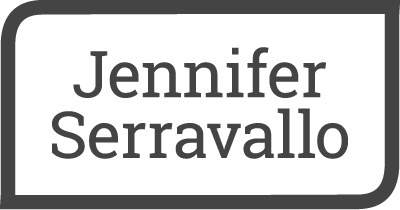When students need to demonstrate how they read complex texts with comprehension, and
how to craft well-written constructed responses, strategies can be a tremendous support. When
we are scaffolding their way toward independence, we need to offer children clear, explicit,
responsive instruction every step of the way, and in every grade level.
This workshop will draw from the newly-released The Reading Strategies Book 2.0, a research-
packed (700+citations to the science of reading) revised and reimagined update to the NYT
bestselling resource, and The Writing Strategies Book (aligned to the WWC/ies research
practice guide for effective writing instruction). You’ll first learn about the broad research base for strategy instruction and what
makes an effective reading strategy. Then, you’ll learn about reading and writing goals, and how
to leverage reciprocity between them.
Next, we’ll explore examples of texts and tasks on one standardized assessment to identify
what goals, skills, and strategies students will need. (Note: We anticipate the majority of our
audience will be joining from TX so we will be looking at STAAR. However, participants from all
states are welcome to attend as the overarching principles, strategies, and processes will apply
broadly to any standardized texts and tasks.) We will also explore demands related to text
complexity, and the presenters will offer suggestions for how to support students’ reading of
texts that are too hard.
Then, you will spend time in K-2 and 3-8 grade-band breakout groups led by two of Jen’s
colleagues to drill down to grade-specific expectations leaning on skill progressions from The
Reading Strategies Book 2.0 and Teaching Writing in Small Groups. We’ll explore strategies
that best align to the grade-specific skills and task expectations. In this highly interactive portion
of the day, we’ll analyze student work and watch video demonstrations of Jen and her
colleagues teaching in K-8 classrooms. You’ll also learn different methods of instruction to
scaffold comprehension and written response to reading across the school day. We will
explore, for example, how conversation can serve as both a support for comprehension and as
a way to rehearse written responses–and we’ll show videos to demonstrate how teachers can
and should play an active role in teaching explicitly during discussions. As another example, we’ll study how different methods of teaching writing –from shared writing to focus lessons–offer
different levels of support depending on the age and experience level of your students.
It is possible to run a research-based literacy classroom that is filled with authentic, meaningful
experiences that also transfers to student success on the end-of-year standardized assessment,
and Jen and her colleagues will show you how! This full day will be jam-packed, interactive, and
highly practical, equipping you to take what you learned back to the classroom right away.
